She arrived in the Forbidden City as a girl of modest origin, but she skillfully used a specific mixture of sharp mind and unusual physical beauty, character, kindness, dignity and modesty. Cixi recommended these features for the new harem of Emperor Xianfeng. This helped her make her way up the very top of China. Then she wanted to write at least one page of the history of the glorious kingdom ... and she succeeded!

In the history of the Chinese empire, Cixi is remembered as one of the last rulers, because with her began the end of a great empire that has survived on Asian soil for centuries.She was born in 1835 in the home of a Manchurian official. When she was 16, she was taken to the Forbidden City to participate in the election for the concubine of the Chinese Emperor Xianfeng. She was one of the chosen girls, and the year 1856 will largely determine her fate - Cixi gave birth to a son to Emperor Xianfeng, which brought her the title of imperial companion.

As early as 1861, Beijing was conquered by British and French forces during the Second Opium War. The bad news shook Xianfeng to such an extent that he passed away soon after. It was a real opportunity for Cixi! Ironically, the emperor's concubine approached the official Xianfeng's wife - Empress Xi'an.
Before leaving this world, Xianfeng ordered the regents to rule the empire, until his heir came of age when Cixi gave birth.

This kind of turn encouraged the official companion to make an even stronger alliance with the empress. Bribery of officials and intrigue helped powerful women to stage a coup against the deputy together. After this coup failed because they failed to take complete control of the Forbidden City, Cixie simply sidelined and let the "official" empress take all the blame.

The changed situation shook the position of Empress Xian, so she entrusted the supervision over the heir to the throne to a committee composed of people who were close to her. Such an outcome did not suit Cixi, so the mother of the future emperor tried to gather all the more powerful and important ministers around her.

She soon compiled an official document in which she stated numerous frauds and obamas performed under the direction of the Empress Committee, which was a sufficient reason for the execution of three members. The life of the empress herself was spared, but Cixi subsequently became one of the most important persons in the empire.

The year 1875 brings a great blow to Cixi since her son and heir to the throne passed away. Rumors spread through the empire that he had committed suicide out of unrequited love.
Cixie wasted no time. Grief suppressed, and seized all power. Xiang was largely uninterested in state affairs, and as early as 1881, she died suddenly. After that, Cixi no longer had any obstacles on the way to her appointment as empress.
If anyone wondered who would succeed the empress once she died, he never said that question out loud because it was known that Cixi experienced attacks of anger at the very mention of the new heir and that he was "light-handed" when it came to passing death sentences.

Empress Cixie was faced with a very complicated situation in her empire. Colonial powers stood on all its borders, eternally eager for prey, and the internal division among the population was multiple.
Her reign will remain known for a hundred-day reform whose main goal was to advance Chinese society politically and economically. The reform failed because China was too much influenced by Confucius and his thoughts, but the attempt was commendable.

During her reign, China was defeated in the war with Japan in 1894-95. year, lost nominal sovereignty over Korea and was forced into a series of humiliating treaties that sparked a short-lived Boxing Uprising.
Cixi died on November 15, 1908, on her deathbed as her successor, choosing her two-year-old cousin Pu Jia. She was buried in the Eastern Emperor's Tomb, next to Emperor Xianfeng and his first wife. Three years after her death, China became a republic.

The traditional view of the reign of Empress Cixi is considered a despot and tyrant. However, there is another group of authors who believe that her actions were rational and reasonable reactions to the situation in which China found itself at the time.
Some groups also point out the influence of the environment and the Confucian attitude prevalent at the time that influential women bring problems and should not be trusted. However, while other women from that period gained the favor of modern historians and critics, the negative image of Cixi still exists.
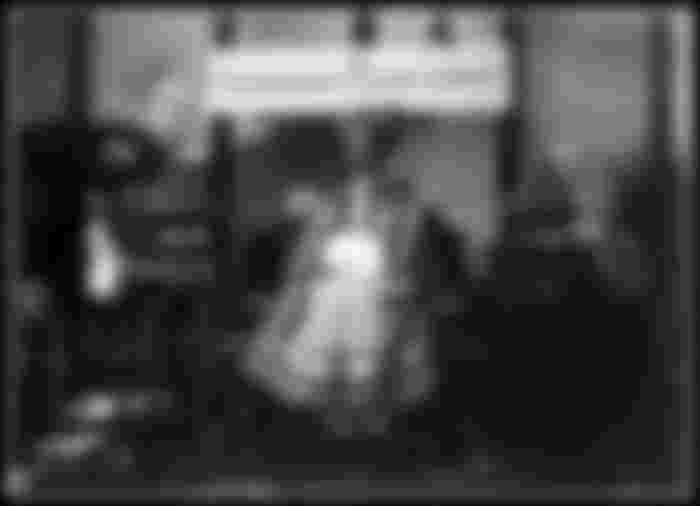

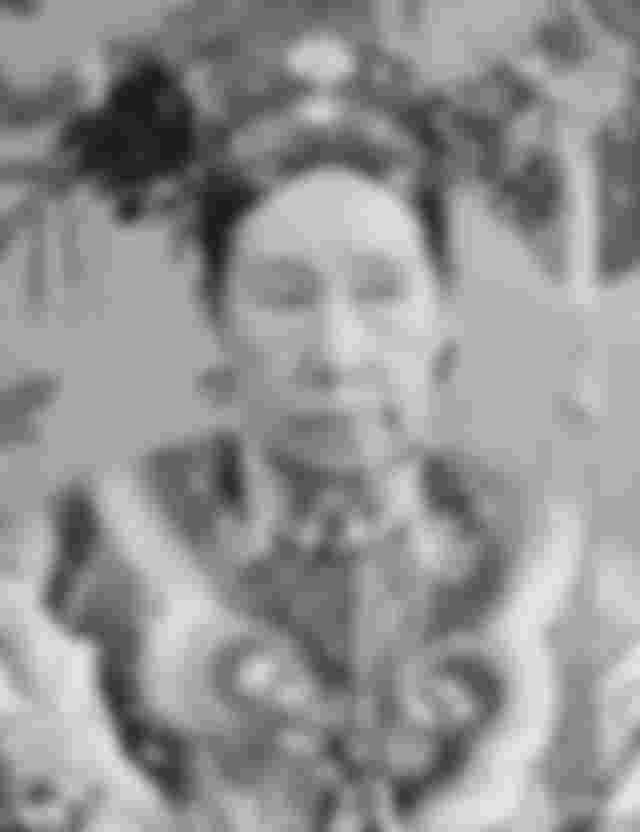

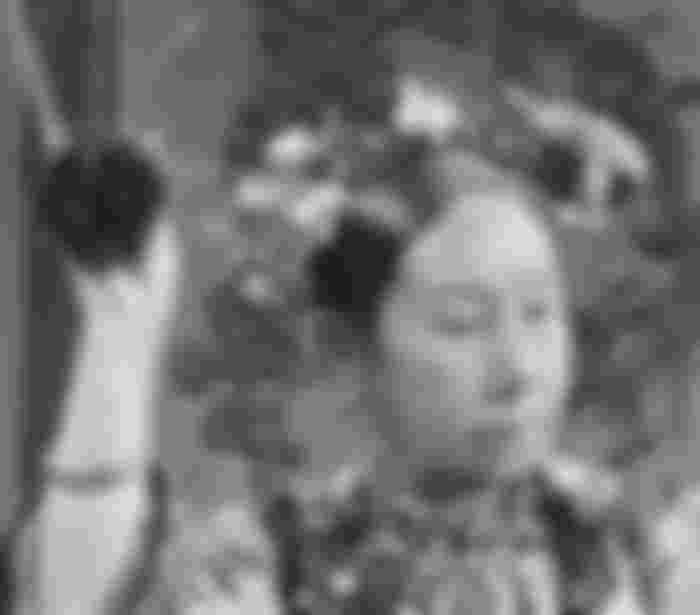
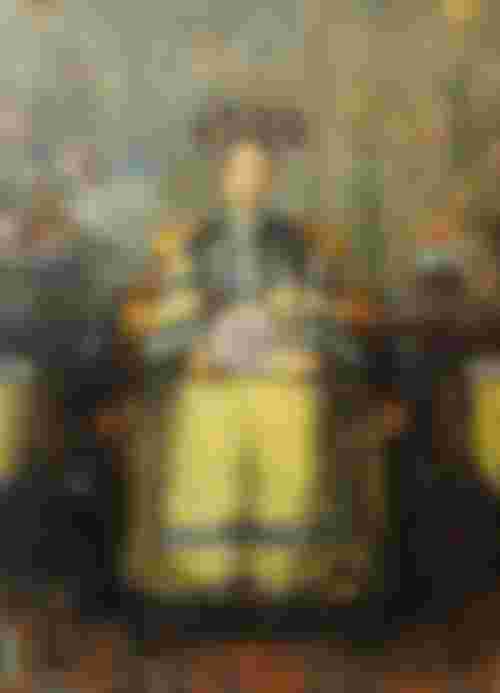
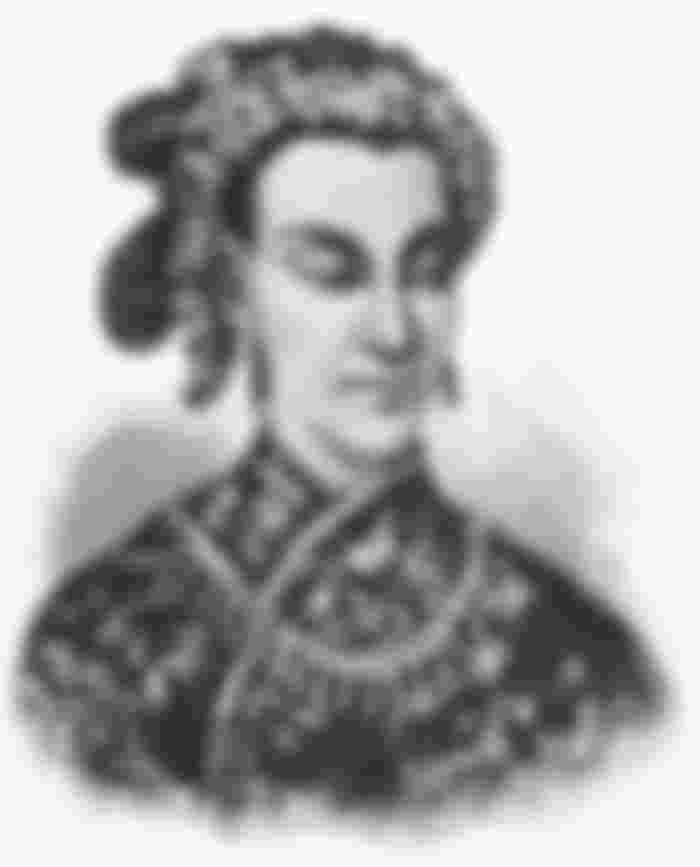

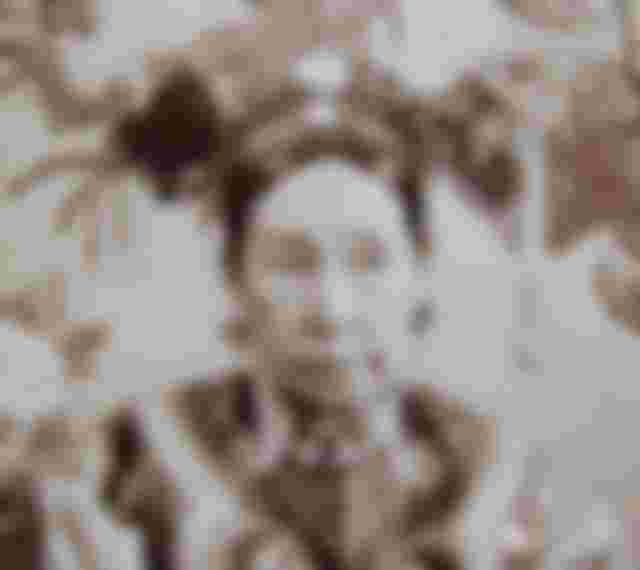
Izvrstan članak! Bravo!